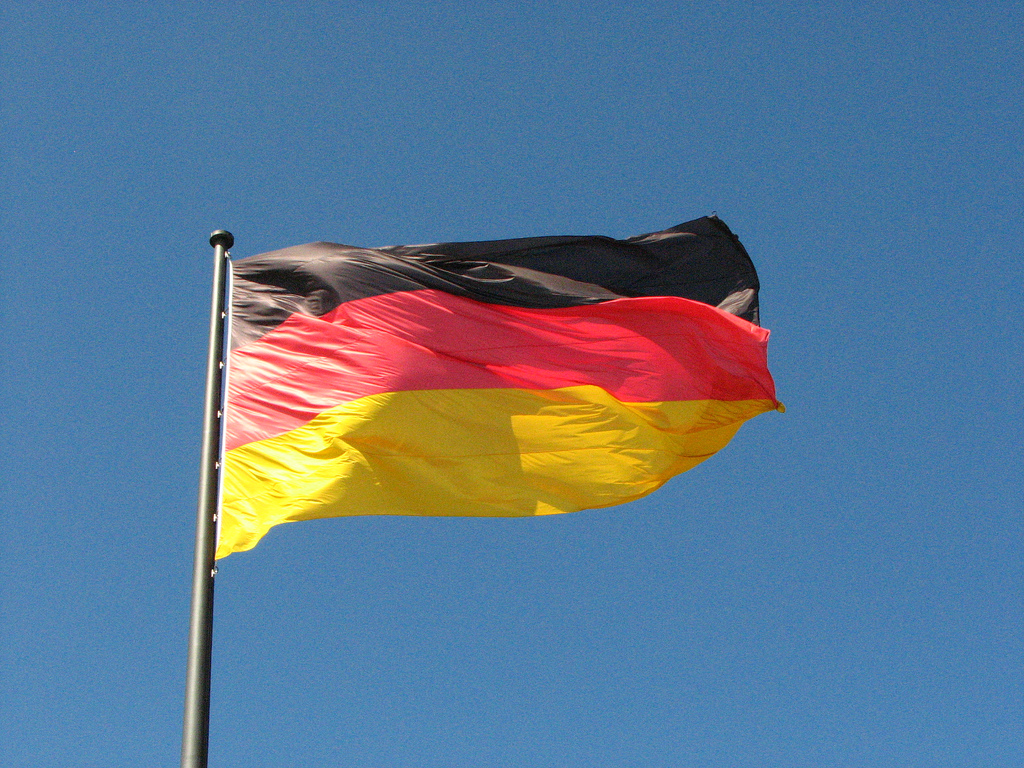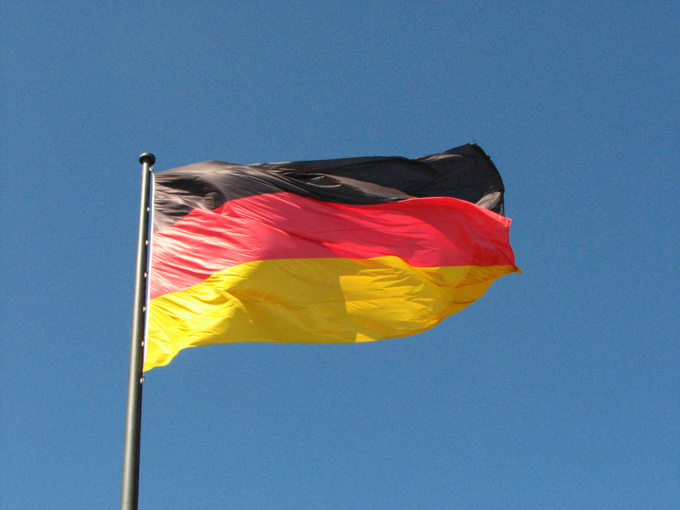Such behavior for the main European economy is very uncommon, because it usually has immunity to shocks in the sphere of trust and credit, which are constantly pursued by other euro zone economies.
However, in the past few months, the slowdown in the German economy has been much stronger than expected, taking into account behavior of the rest of the European economy. The ECB is confident that answers to the main problems that have been bothering the German economy since the summer of 2018 should be sought beyond its borders. This, of course, is tightening of financial policies on a global scale following the rise in US rates. Now, however, the opposite situation is observed across the ocean. Also, we have to take into account deterioration of international trade caused by problems of the Chinese economy, and of course, consequences of the American-Chinese trade war.
ECB economists rightly blame external factors for the first European economy’s trouble. Domestic demand in the euro area still cause no particular concerns and anxieties. The situation is not bad in the labor market and, as a result, real incomes of the population consumer spending are growing. The slowdown in the growth of the euro zone economy for the year almost coincided with forecasts, and a slight discrepancy can be attributed to problems in China.
However, the slowdown in the economic development of the Federal Republic of Germany is much higher than the average for the euro zone, even taking into account the Chinese factor and the fact that, as economists have long noticed, the German economy is much more sensitive to the Chinese economy than the economies of other European countries.
Economists are now trying to figure out why the growth of the German economy is almost one percent below what economists predict it should be. Obviously, this is result of the accumulation of shock phenomena and events in a number of important sectors of the economy. They have nothing to do with macroeconomic fundamental indicators and are short-lived, i.e. are expected to make a u-turn pretty soon.
Renowned economist Greg Fuzesi of JP Morgan said the sharpest decline in car production in the third quarter of 2018 could be expected by slow introduction of inspections of exhaust cleaning systems and the fact that the German car industry would not come to life after loud scandals involving with German auto giants; a sharp decline in the chemical sector in the fourth quarter due to a shortage of water in the Rhine after a dry summer, as well as restrictions on the supply of water to factories and plants. The situation with water, by the way, has already begun to recover in December last year.
Obviously these three factors combined reduced the growth rate of the German economy in the second half of 2018 in terms of the year by 1.4%. Since these reasons are temporary, the pace of development should increase. Economists expect a rebound of the economy of Germany between the first and second quarters of this year. According to forecasts, growth rates will grow by 1.2% over this period, i.e. in the first half of this year, the growth of the German economy in terms of a year will be 2-2.5%.
source: dw.de, reuters.com
However, in the past few months, the slowdown in the German economy has been much stronger than expected, taking into account behavior of the rest of the European economy. The ECB is confident that answers to the main problems that have been bothering the German economy since the summer of 2018 should be sought beyond its borders. This, of course, is tightening of financial policies on a global scale following the rise in US rates. Now, however, the opposite situation is observed across the ocean. Also, we have to take into account deterioration of international trade caused by problems of the Chinese economy, and of course, consequences of the American-Chinese trade war.
ECB economists rightly blame external factors for the first European economy’s trouble. Domestic demand in the euro area still cause no particular concerns and anxieties. The situation is not bad in the labor market and, as a result, real incomes of the population consumer spending are growing. The slowdown in the growth of the euro zone economy for the year almost coincided with forecasts, and a slight discrepancy can be attributed to problems in China.
However, the slowdown in the economic development of the Federal Republic of Germany is much higher than the average for the euro zone, even taking into account the Chinese factor and the fact that, as economists have long noticed, the German economy is much more sensitive to the Chinese economy than the economies of other European countries.
Economists are now trying to figure out why the growth of the German economy is almost one percent below what economists predict it should be. Obviously, this is result of the accumulation of shock phenomena and events in a number of important sectors of the economy. They have nothing to do with macroeconomic fundamental indicators and are short-lived, i.e. are expected to make a u-turn pretty soon.
Renowned economist Greg Fuzesi of JP Morgan said the sharpest decline in car production in the third quarter of 2018 could be expected by slow introduction of inspections of exhaust cleaning systems and the fact that the German car industry would not come to life after loud scandals involving with German auto giants; a sharp decline in the chemical sector in the fourth quarter due to a shortage of water in the Rhine after a dry summer, as well as restrictions on the supply of water to factories and plants. The situation with water, by the way, has already begun to recover in December last year.
Obviously these three factors combined reduced the growth rate of the German economy in the second half of 2018 in terms of the year by 1.4%. Since these reasons are temporary, the pace of development should increase. Economists expect a rebound of the economy of Germany between the first and second quarters of this year. According to forecasts, growth rates will grow by 1.2% over this period, i.e. in the first half of this year, the growth of the German economy in terms of a year will be 2-2.5%.
source: dw.de, reuters.com



















